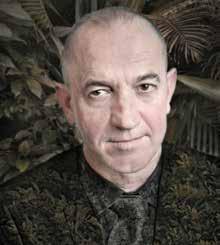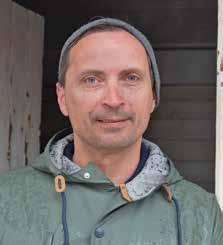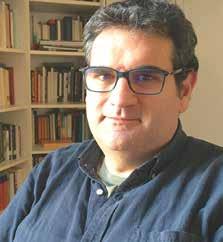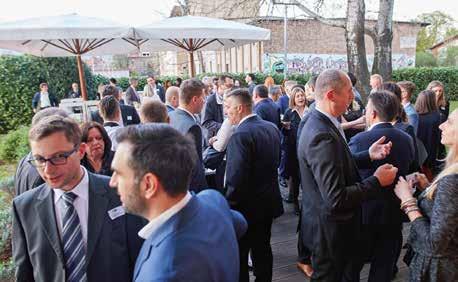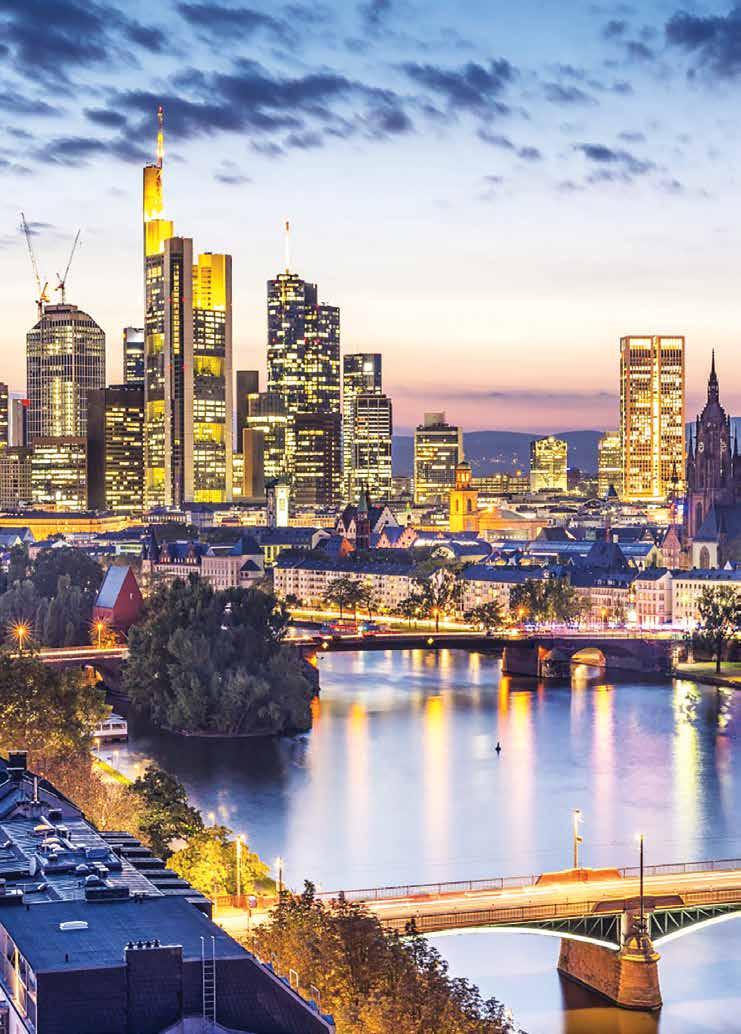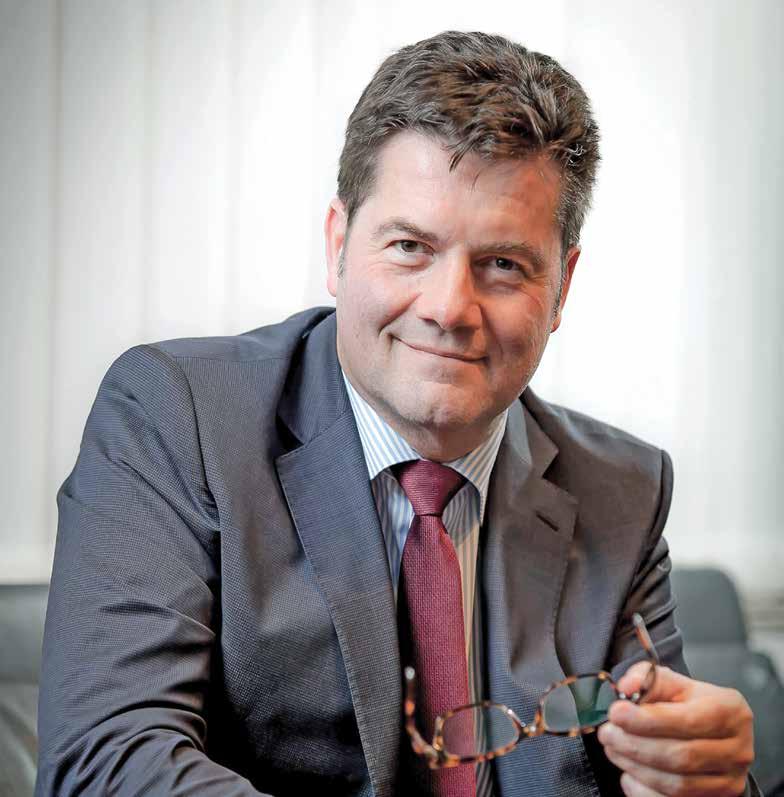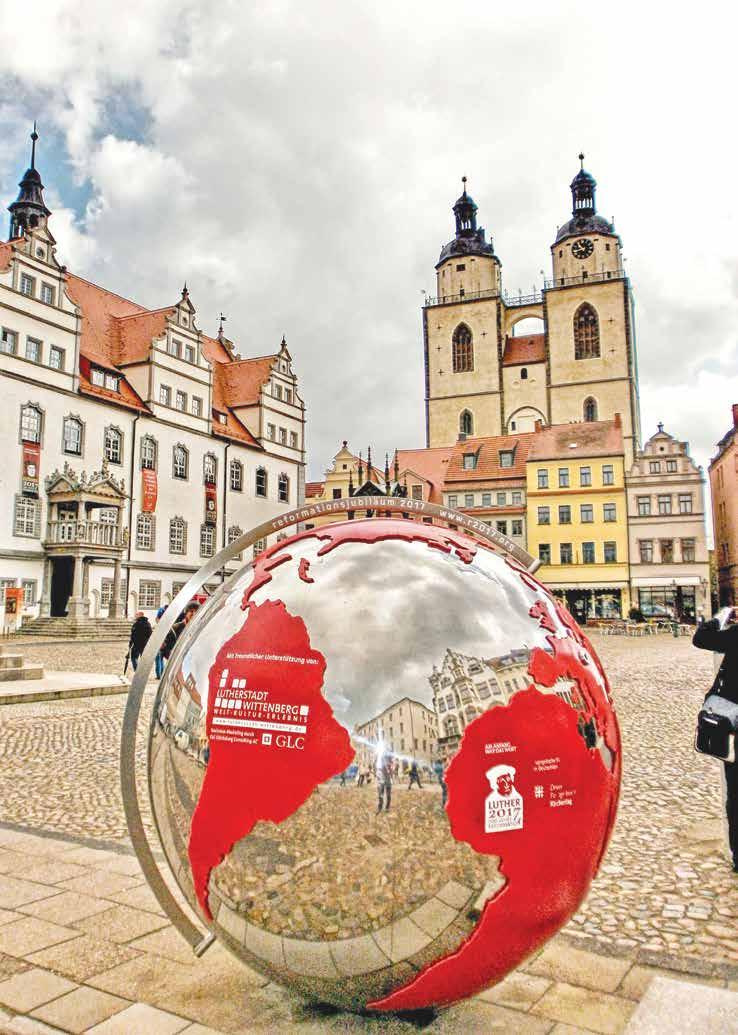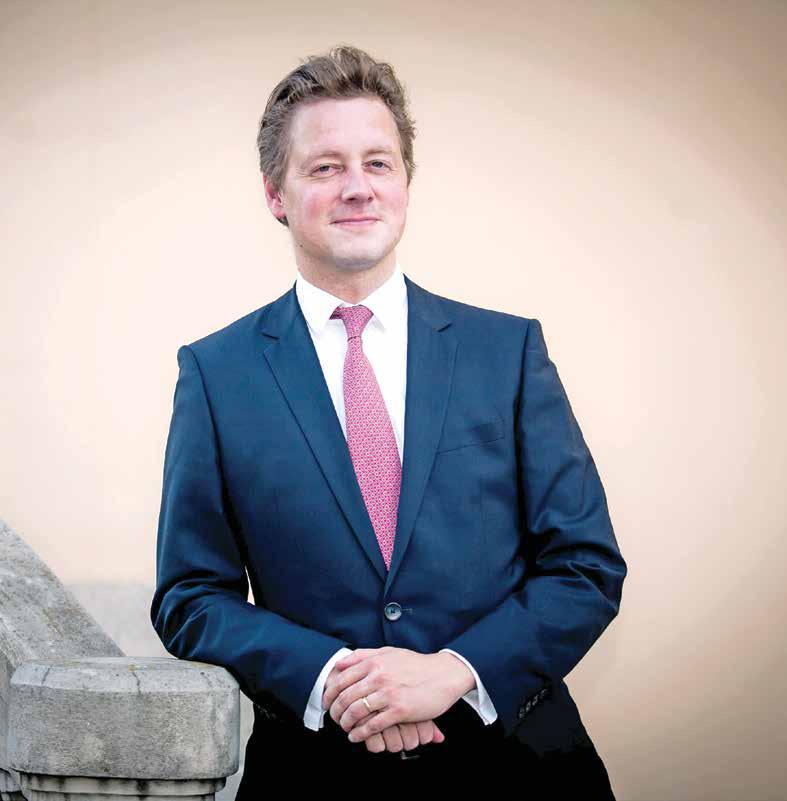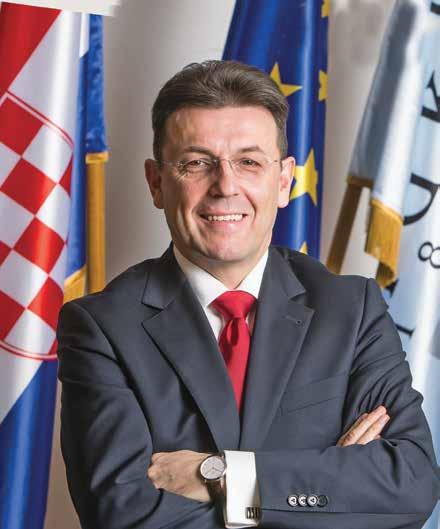
3 minute read
WORLD LITERATURE FESTIVAL
CULTURE
WORLD LITERATURE FESTIVAL
Advertisement
The fifth World Literature Festival, organized by the publishing house Fraktura, took place this y ear with the focus on the German culture and literature. The festival was opened in Zagreb with the guest a ppearance by the award-winning Austrian-German writer, Daniel Kehlmann. Until 9th Sep tember, the audiences in Zagreb and Split were able to enjoy in the presence of the 50 renowned literary figures fr om 17 countries.
For Diplomacy & Commerce magazine, some of the festival participants relayed their impressions of the global literary scene, the inspiration for their work, and the direction that the global literature was heading in.
Rita Monaldi & Francesco Sorti live in Austria. They have had very little experience with the Italian literary scene, and ha ve subsequently discovered that the competition entries were sent to the jury members (average age: 70) with such a delay that almost none have managed to read them. They used Umberto Eco's quote as an inspiration: "The adverbs, of course". They believe that literature is an expression of power, and as such it takes the direction determined by its masters.
Daniel K ehlmann – He views literary scenes in Austria and Germany as lively and interesting. He gets inspiration for his work mostly while lying in a bathtub. Inspiration also comes to him during showers, and long walks in the rain. He also sees world literature in the future as progressive.
Fhilippe Claudel comes from France,
Rita Monaldi Francesco Sorti
and his impression is that we are witness of some sort of crisis of imagination. He says that numerous French writers are increasingly starting to write about the topics otherwise covered by biographers, sociologists and journalists. He is inspired by life, other people, the world, history. He would like for literature to teach people again about true political engagement, and how to become (or become again) a weapon in fighting against backwardness, oppression, submission to stupid or misunderst ood religions, and economic systems that create new forms of slavery and poverty.
Jordi Punti is a Catalan who believes that, after 40 years of democracy in Spain, we now live in a golden age, with a lot of interesting young authors exploring new forms of literature, and with an increasing number of translations. He’d prefer to talk about awareness of what’s happening around him, and how he may be able t o translates what he sees and hears into
Daniel Kehlmann, photo: Roko Crnić
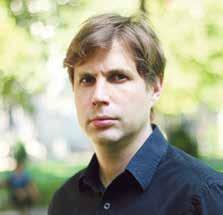
his writing. In this ecosystem, literature, as we know it, has become a genre in itself, what they call “literary fiction”. Luckily, there are still may literary authors who write without feeling the pressure from these trends, and, as a result, we get to read really good literature from around the world.
Morten Strøksnes is from Norway. For such a small country/language, he thinks the literary scene is very broad, with lots of writers, young and old .He is inspired by literature, nature and people. In his opinion, the local dimension of people and cultures is much more interesting than the globalized features. For instance, he doesn’t think a book like «The Bridge on the Drina» would have had the same impact if the title was «The Bridge like, any other bridge, on a river, like any other river». He also does not believe in globalized litera ture, because literature is about diversity, individually and cultur ally. Let the thousand flowers blossom.
